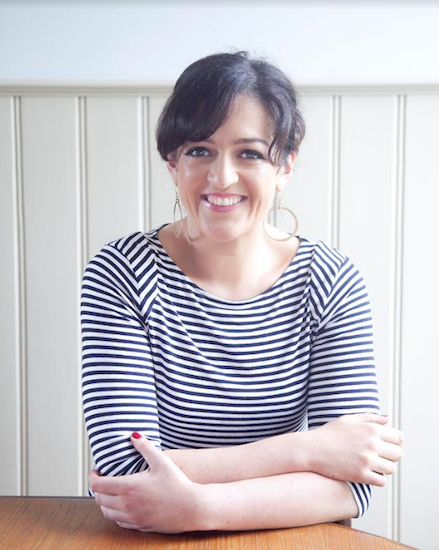NYC-based comedian tackles immigration, misogyny in new book
Brooklyn BookBeat

Maeve Higgins was a bestselling memoirist and comedian in her native Ireland when, at the age of 31, she left home in search of something more. In her new book, “Maeve in America: Essays by a Girl from Somewhere Else”, Maeve tells the story of finding herself, literally and figuratively, in New York City.
At once smart, curious and compassionate — and unafraid of mixing the personal and the political — “Maeve in America” examines our cultural climate with humor, heart and honesty, and offers fresh and timely insights about women’s lives today.
“Maeve in America” is a new kind of coming-of-age narrative, a record of what happens when you try — to grow up, to live your dream life (even if that dream is as simple as “no more living with mice”). Self-aware and laugh-out-loud funny, this collection is also a fearless exploration of the awkward questions in life.

Brooklyn Boro
View MoreNew York City’s most populous borough, Brooklyn, is home to nearly 2.6 million residents. If Brooklyn were an independent city it would be the fourth largest city in the United States. While Brooklyn has become the epitome of ‘cool and hip’ in recent years, for those that were born here, raised families here and improved communities over the years, Brooklyn has never been ‘uncool’.